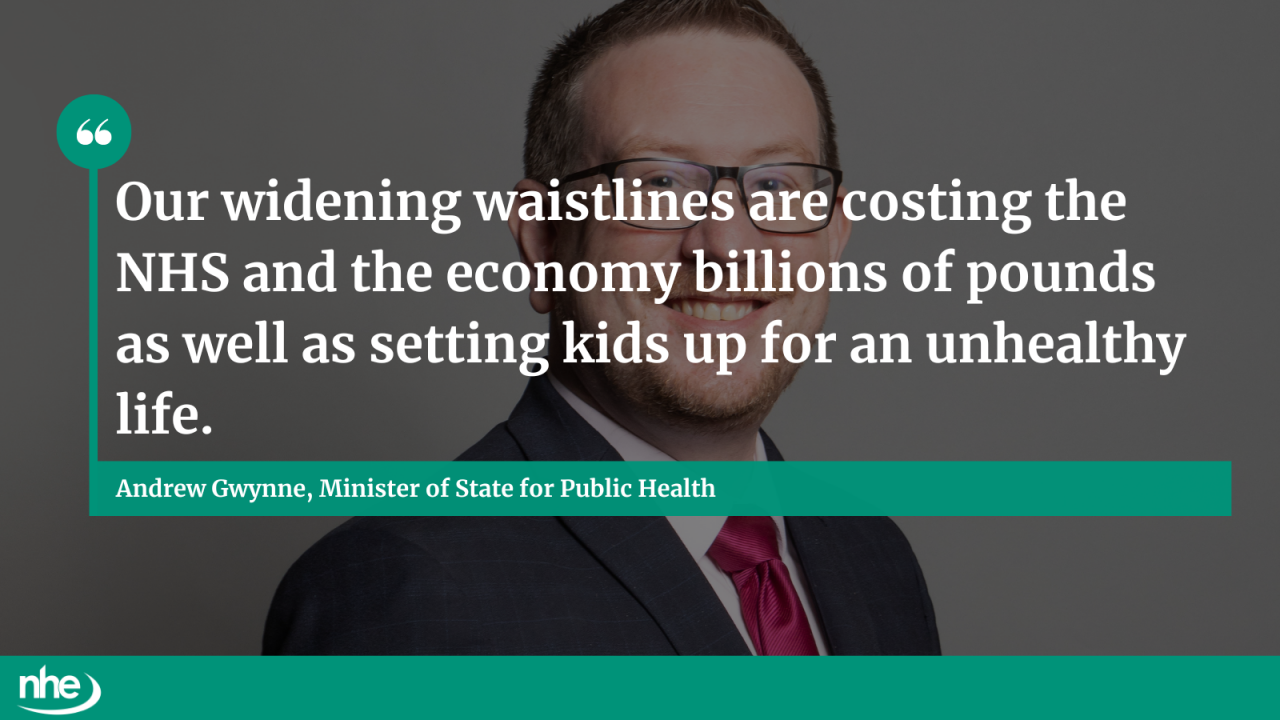The levels of obesity in the country’s most deprived areas for children starting their first school year are more than double those in the least deprived areas, according to new NHS figures.
The statistics, which come from the National Child Measurement Programme, show that overall obesity levels for reception-aged children increased to one in 10 (9.6%) during 2023/24.
Concerning stats
This compares to a slightly lower amount (9.2%) for the same group during 2022/23, although the most recent figure is still below the level recorded just before the pandemic (9.9%) in 2019/20.
The report also found the proportion of obese 10-11-year-olds fell during 2023/24 from the previous year – from 22.7% to 22.1%. This is still higher, though, than pre-pandemic levels (21%).
Affluence also impacted this aged group’s obesity levels, with nearly three in 10 (29.2%) being obese in the most deprived areas, while less than half of that (13%) were obese in the least deprived areas.

NHS England’s national clinical director for children and young people, Professor Simon Kenny, described the statistics as concerning.
He said: "Obesity can have a major impact on a child’s life – it affects every organ in the body and is effectively a ticking health timebomb for the future by increasing a child’s risk of type 2 diabetes, cancer, mental health issues and many other illnesses.”
Prof Kenny also urged society as a whole to collaborate, including industry and national plus local government.
NHS action
The NHS has 30 specialist clinics up and down the country which treat children aged between two and 18, who are having complications linked to their obesity.
Treatment includes tailored packages developed in conjunction with family members that can feature diet plans, mental health support, and coaching.
Per year, the health service spends £6.5bn treating obesity-related ill health across both children and adults in England.
“Our widening waistlines are costing the NHS and the economy billions of pounds as well as setting kids up for an unhealthy life,” said Andrew Gwynne, the public health minister.
He added: “Children with obesity are five times as likely to live with the condition as adults, so it is vital that we take urgent action to protect children today by shifting our focus from treatment to prevention.
“That’s why we’re restricting junk food advertising on TV and online, limiting school children’s access to fast food, and banning the sale of energy drinks to under 16s.”
The programme is overseen by the Office for Health Improvement and Disparities, which jointly analyses the results with NHSE.
Image credit: iStock



















